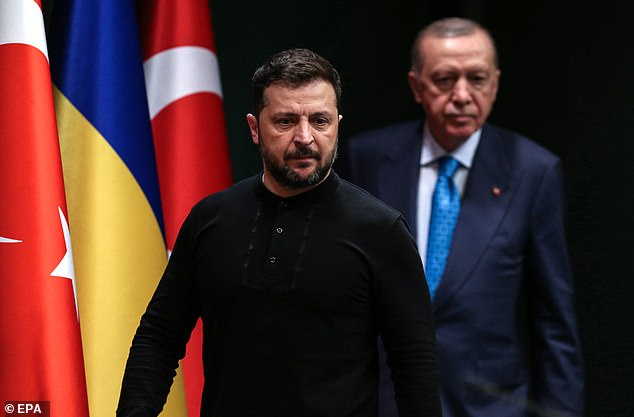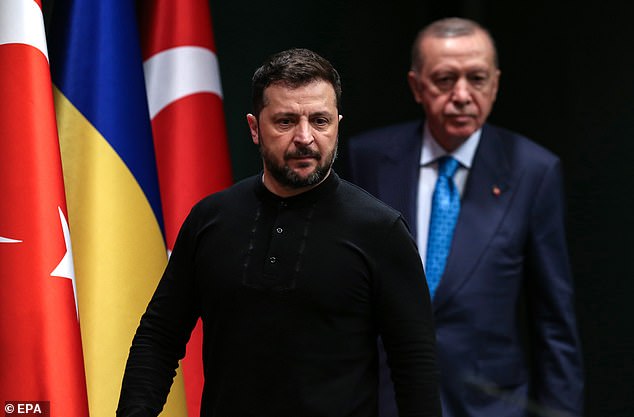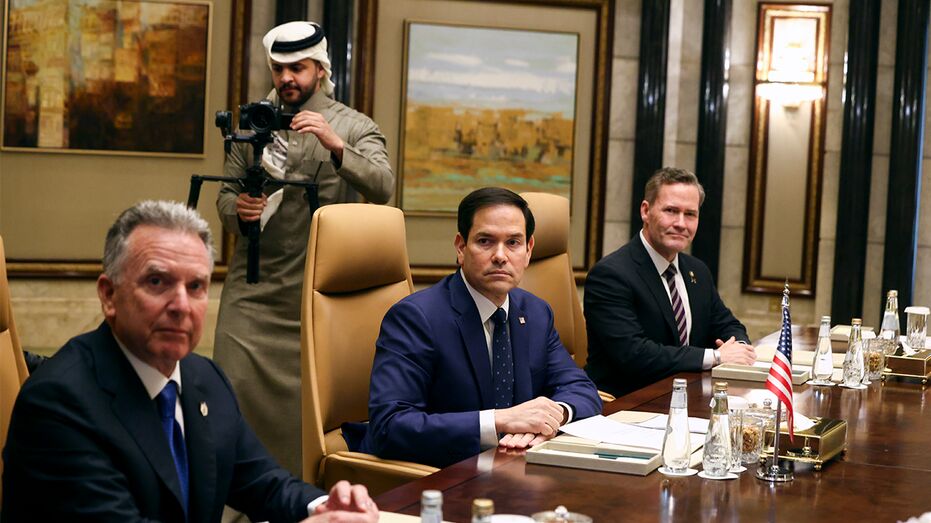
U.S.-Russia Talks in Saudi Arabia: A New Diplomatic Approach to Ukraine
In a pivotal diplomatic meeting held on Tuesday at Diriyah Palace in Riyadh, senior officials from the United States and Russia convened to improve bilateral relations and negotiate an end to Russia’s ongoing war in Ukraine. Notably absent from the dialogues was any representation from Ukraine, drawing scrutiny and concern from Ukrainian officials and global allies.
The Key Players in Attendance
The discussions were led by U.S. Secretary of State Marco Rubio and Russian Foreign Minister Sergey Lavrov. Rubio was flanked by National Security Advisor Mike Waltz and Special Envoy Steve Witkoff, while Lavrov brought along Kremlin foreign affairs advisor Yuri Ushakov. Initially, Saudi Foreign Minister Faisal bin Farhan and National Security Advisor Musaed al Alban were present but were expected to leave early to allow the bilateral talks to proceed without interruption.
A Shift in U.S. Foreign Policy
This meeting represents a significant shift in U.S. policy under the Trump administration, which has been working to reduce Russia’s diplomatic isolation. Observers note that the talks may pave the way for a direct meeting between President Donald Trump and Russian President Vladimir Putin, highlighting Trump’s stated commitment to initiating peace negotiations. While the intent appears to focus on conflict resolution, the exclusion of Ukrainian representatives raises critical questions about the integrity and legitimacy of the discussions.
Ukraine Excluded from Talks
The absence of Ukrainian officials from the negotiations has not gone unnoticed. Ukrainian President Volodymyr Zelenskyy has made it clear that Kyiv would reject any outcomes determined without their involvement. Yuri Ushakov confirmed the talks would focus on “purely bilateral” matters, leaving Ukraine on the outside looking in.
Rebekah Koffler, a former defense intelligence officer, suggested that Zelenskyy was intentionally excluded from the dialogue because he is perceived as “irrelevant” following his presidency’s expiration in May. Koffler emphasized that Putin is likely to engage only with what he deems a “legitimate authority,” complicating matters for Ukraine, which continues to bear the brunt of conflict destruction.
“President Trump has appointed some key players, and they will engage in a very strategic negotiation,” Koffler said.
Renewed U.S.-Russia Diplomatic Efforts
The talks in Saudi Arabia signify a considerable escalation in diplomatic exchanges between the U.S. and Russia, nearly three years into the war in Ukraine. Relations between the two nations had reached a nadir, with dialogue effectively stalled for years. Previously, Lavrov and then-Secretary of State Antony Blinken had only managed a brief exchange during a G-20 meeting in India nearly two years ago, which was largely viewed as superficial.
Further escalation of tensions arose in late 2022, when U.S. and Russian intelligence officials convened in Turkey to discuss alarming concerns regarding the potential use of nuclear weapons in Ukraine. As the horrors of war continued to unfold, Kirill Dmitriev, the head of the Russian Direct Investment Fund, underscored the critical nature of U.S.-Russia relations, emphasizing their importance in tackling global issues.
“Good U.S.-Russia relations are critical for the entire world,” Dmitriev told the Associated Press. “Only by working together can both countries resolve global conflicts and find solutions to pressing world problems.”
Allied Concerns Over U.S.-Russia Deal
The renewed diplomatic overtures from the U.S. have sparked unease among Ukraine and its Western allies, who fear the possibility of a separate peace deal negotiated without their involvement. Concerns have been particularly acute among European nations, as their security interests are directly tied to the outcomes of the conflict.
France swiftly called for an emergency international meeting, convening European Union members alongside the United Kingdom to coordinate a collective response to the unfolding diplomatic situation. French President Emmanuel Macron reached out to both Trump and Zelenskyy to discuss the implications of the U.S.-Russia talks.
“We want a strong and lasting peace in Ukraine,” Macron wrote on social media platform X (formerly Twitter). “For that, Russia must end its aggression, and Ukraine must receive credible security guarantees.” He reassured that France would work collaboratively with Europeans, Americans, and Ukrainians to ensure a favorable and sustainable outcome.
The Road Ahead
As the geopolitical landscape evolves, the Way forward for U.S.-Russia relations remains fraught with complexity. While the dialogue initiated in Riyadh holds the promise of renewed engagement, significant hurdles exist, particularly relating to Ukraine’s status and security concerns. The exclusion of Ukrainian representatives has amplified the stakes, as the conflict’s immediate and long-term resolutions linger on unresolved dynamics. The international community watches closely, with critical implications for global stability hanging in the balance.
In conclusion, while every diplomatic effort is welcomed in efforts to bring peace to a ravaged Ukraine, the legitimacy and inclusivity of these discussions are paramount. Without active participation from those directly affected by the war, any resolutions may lack the foundation needed for true and lasting peace.


















